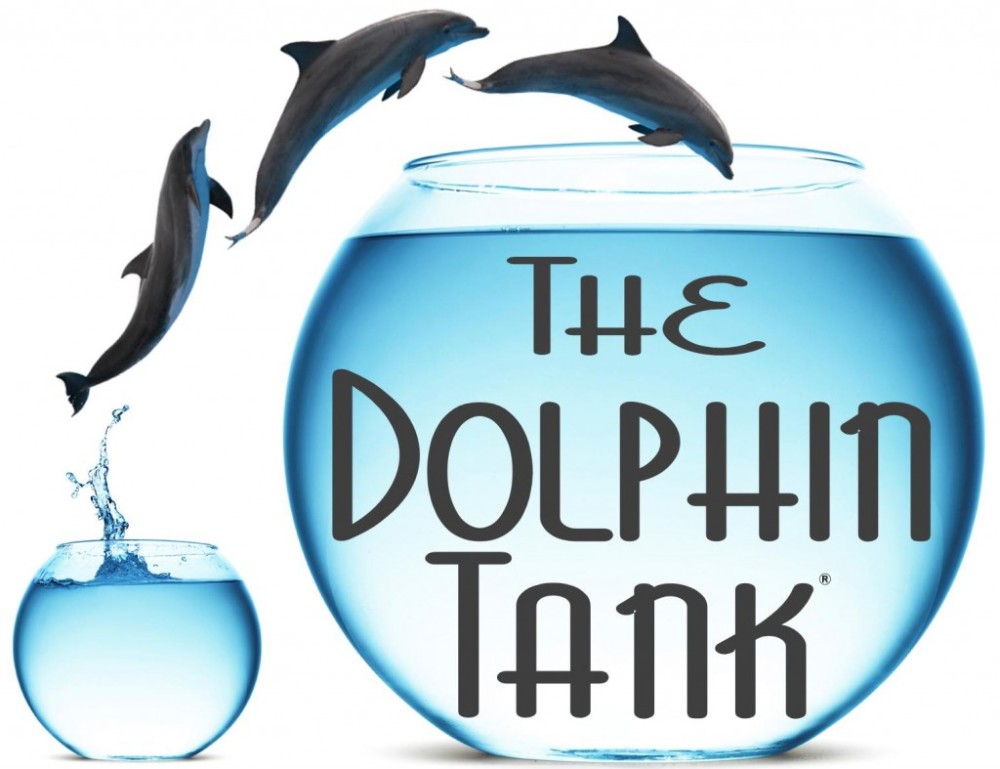By John McNamara
The Capital, Annapolis, Md.
WWR Article Summary (tl;dr) If you’re not quite ready to swim with the sharks, how about the “Dolphin Tank”? That’s what one Maryland business center and Springboard Enterprises (a non-profit which supports women entrepreneurship) called their joint networking event last week which featured budding business owners pitching to a panel of established entrepreneurs.
The Capital, Annapolis, Md.
Lisa Smith, the director of the Bowie Business Innovation Center (BIC), knows her clients aren’t yet ready to swim with the sharks in today’s cutthroat business world.
That’s why her organization joined forces with Springboard Enterprises, a nonprofit that supports and showcases women-owned businesses, to stage what they called a “Dolphin Tank” networking event in Bowie last week at the Comfort Inn.
The event was modeled after the “Shark Tank” television show during which start-up companies make pitches to entrepreneurs in search of funding.
The difference was the four individuals making their pitches to a panel of entrepreneurs — and an audience of about 80 local businesspeople — were seeking tips and advice on expanding and improving their fledgling enterprises, rather than investors.
As the brochure for the event said, “It’s all about friendly feedback, not a feeding frenzy.”
All four of the pitchers (three men and one woman) were members of the Bowie BIC, which was established to help local early-stage companies develop and grow. The organization lends a hand with things like office space and mentoring.
“Entrepreneurs start out being technical experts in their field,” Smith said. “But then they have to acquire business sense and they have to gain experience talking about their company. Usually, they are not experts in all three areas. That’s what an incubation program like ours helps with.”
Perfecting one’s business pitch — be it to potential investors or even potential employees — can be a key to success for early-stage companies, experts say. Starting a conversation about your business can open the door to all kinds of new ideas, or advice, or — more importantly — connections.
“Entrepreneurship is not a spectator sport,” said Amy Millman, the co-founder of Springboard Enterprises. “You cannot just sit and watch; you’ve got to participate. That’s the whole thing. You have to build a community, you have to have input. Nobody has all the answers.”
Wednesday night’s event was designed to get that conversation started for the early-stage entrepreneurs. Each of the four business owners were required to give a three-minute pitch about their businesses. They then answered questions from the panel of entrepreneurs (including Millman) and fielded questions and comments from the audience.
“If this had been a ‘Shark Tank’ situation, I might have melted,” said Alfred Hawkins, who’s trying to establish a foothold with his company that has developed an effective mold-remover in a spray can. “But this was a great experience and I’m thankful to Lisa for putting it together.”
Each of the four were prepped for the event, with Smith and Millman offering tips on how to make their pitches more effective. Everyone was nervous — speaking in front of a group can be nerve-wracking for many — but all of them got through it, with some occasional stumbles
“Everyone is nervous,” Millman said. “Nothing’s ever perfect. But you’ve got to learn and the way you learn is by getting this kind of input.”
The panelists had questions and tips for all the aspirants, counseling them to be more specific about their company or to narrow their business focus. After the panelists had their say, the audience members — some of whom were also clients of the Bowie BIC — chimed in with their own ideas.
“It was scary,” said Bowie resident Sonya Hopson, whose Sage Services Group (a company she started at her kitchen table in 2010) offers design and project management expertise in the aerospace engineering field. “Being able to really capture what your business does and who you are and what you want in less than three minutes … it was very nerve-wracking preparing for it. But I really appreciated this panel because they were really helpful. This was a great experience.”
The networking reception after the pitch event also gave those with early-stage companies a chance to swap ideas and contact information with the more-established businesspeople in attendance. That’s an important part of the evening as well, Millman said.
“We’re the guys that start the conversation,” she said. “But all the conversation that is happening (afterward) is someone saying, ‘I can help this person,’ or ‘I have an idea or a connection that might help this person.’ That to me is the most important thing. If you’re not developing a community for your business, you don’t have a business.”














































































































































































































































































































































































